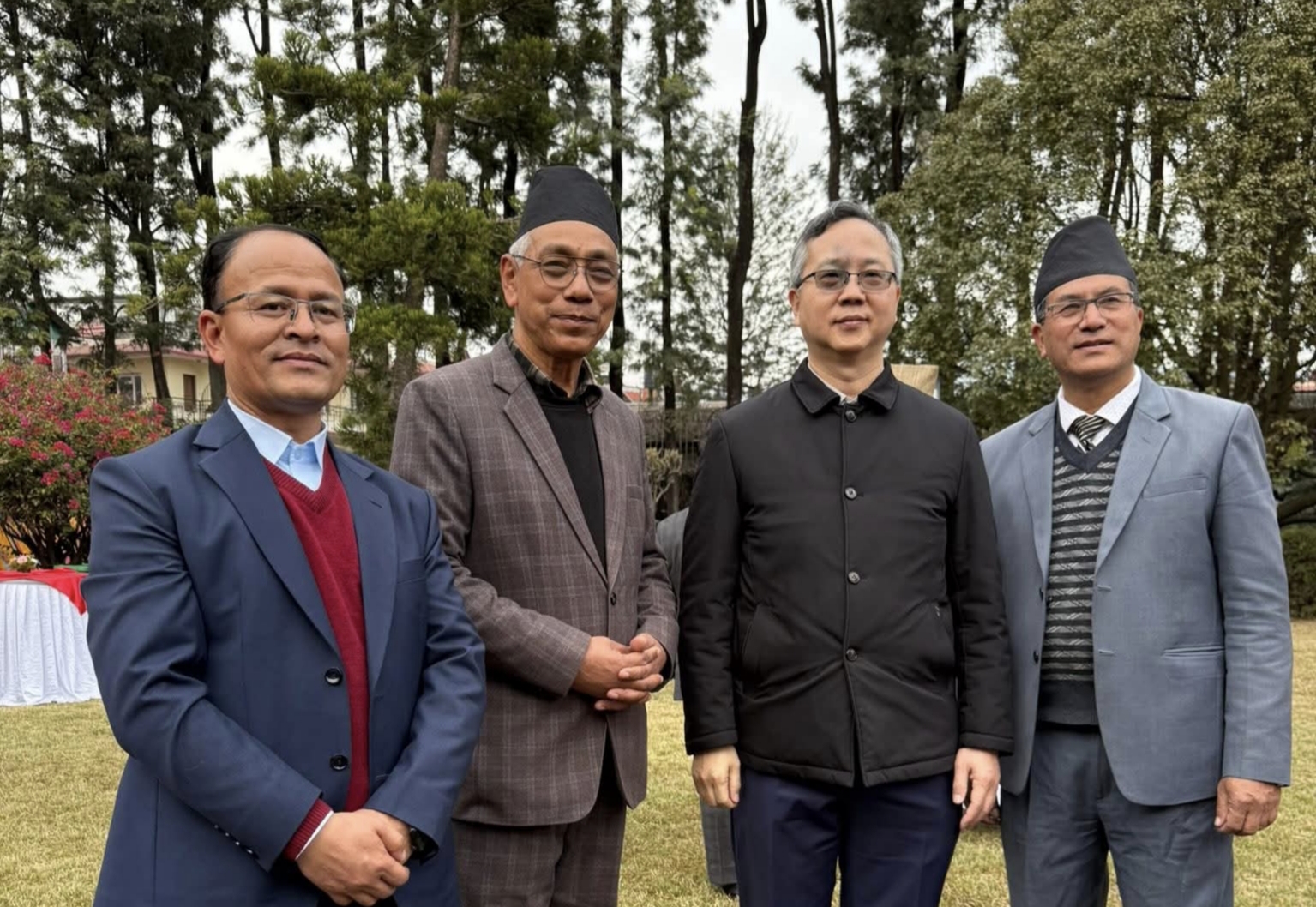It is expected that during the tenure of President Joe Biden, the deadlock between China and the United States that was existed all through the Trump administration would be ease. However, just three days ago, John Ratcliffe, the head of the US Central Intelligence Agency, said that China was the biggest threat to democracy and independence. This statement has created confusion again on bilateral relations between the two nations. Meanwhile, Editor of Voice of Kathmandu Ramesh Hatuwali talked to the former Nepali Ambassador to China as well as the leader of Nepal Communist Party Tanka Karki on various issues including the impact of John Ratcliffe’s remarks on Sino-US relations. Here is the excerpt:
Many expected that the deteriorating relations with China to improve after Joe Biden’s arrival. Meanwhile, John Ratcliffe, Director of National Intelligence (DNI) is declaring China as the greatest threat to freedom and democracy in the world. How will this statement affect the relations between the two countries?
John Ratcliffe’s remark against China is an expression of the Trump administration. Who are leaving their power soon? I don’t think such expressions of those who are being displaced should be given such priority. The dispute between China and the United States during Trump’s tenure had led the world to an unfavorable prospect. I don’t think that it will happen in Biden’s tenure. A friendly atmosphere will be created between China and the United States at some point. It is not in favour of America’s interest to escalate the dispute with China. The American people understand this. Joe Biden himself seems to have understood. Importantly, the current tense relationship between the United States and China has worried the whole world. There is no denying that a nuclear war will break out if the Sino-US dispute escalates. But, I don’t think John Biden goes that far. So, it can be a kind of selfish pressure only.
Few days ago, head of the Tibetan government in exile, Lobsang Sangay, was welcomed at the White House as the prime minister of an independent country. What is your observation on it?
Tibet is an integral part of China. This has been acknowledged not only by the United Nations and other countries, but also by the United States itself. Such activities only serve to make the relationship abnormal between nations. Therefore, it is better not to do any such activities against each other. In that too, the behavior of big countries like USA, Russia, China becomes an example for other countries. Therefore, these countries should present themselves as a good example to the world. Don’t go against accepted world values.
India is providing shelter and protection to the deposed Tibetan leaders, and the United States is providing them with financial and moral support to help them stand up for a free Tibet internationally. Is it strategic unity between India and the United States in the Tibet issue?
The world is unstable now. Power is rapidly becoming polarized among nations. One polar world order is not sustainable in this era. The world is unknowingly moving towards a multipolar system. However, powers in the West, led by the United States, are trying to reproduce the bipolar world order and polarize against China. However, the resurgence of the bipolar world order and the Cold War-like relationship are not going to succeed. Because the world must move towards a multi-polar system, I think. We have to move towards resolving disputes by putting our interests on the table while creating an atmosphere of cooperation among allies. Such disputes between friendly countries in the world should not be resolved through force. That is not beneficial. That goes against the expectations of the human race.
During the visit of the Indian Army Chief, the chief of the Indian Intelligence Agency RAW and the Indian Foreign Secretary to Nepal, China didn’t say anything. However, during the Chinese Defense Minister’s visit to Nepal few days ago, Indian and Western media reported that Nepal had gone to China. How do you observe?
The successful visit of the leaders of the two neighbors to Nepal indicates that the geopolitical and geostrategic importance of Nepal is well understood by Nepal’s neighbors and others. Not only that, but I think our two neighbors and others are well aware of the fact that Nepal’s geopolitical and strategic importance should not be underestimated. It also means the stability of Nepal and the neutrality of Nepal is the stability and peace of the region. Therefore, the message conveyed by the recent visit of the Chinese Defense Minister to Nepal is that Nepal’s sovereignty, neutrality should be made a common theme for Nepal and other countries. It conveys the message that no one should try to keep Nepal under the protection of their own interests.







